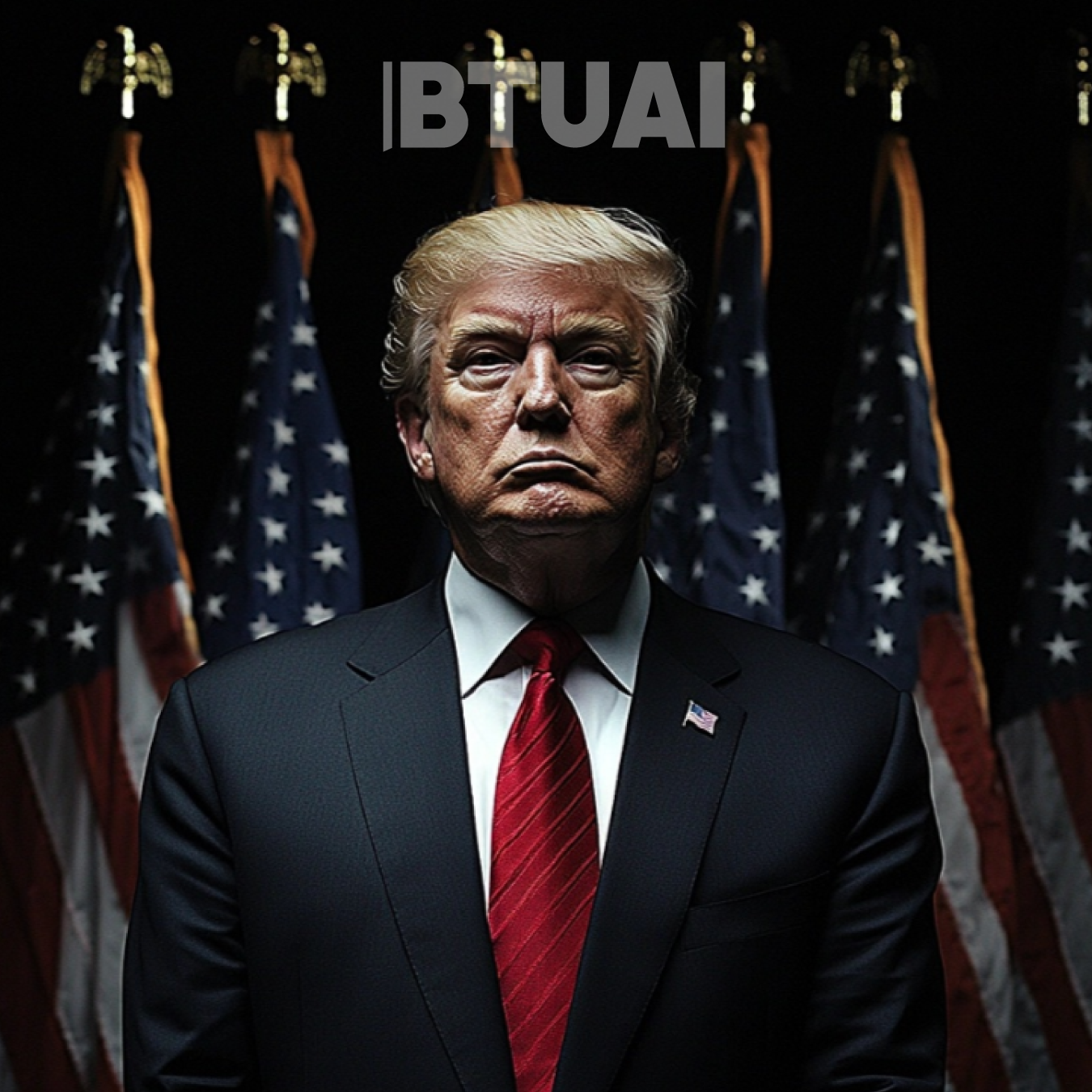Expectations for Trump’s Second Term in the Middle East
In the 2024 presidential election, Donald Trump won a second term, sparking expectations of possible shifts in Middle Eastern

In the 2024 presidential election, Donald Trump won a second term, sparking expectations of possible shifts in Middle Eastern policy. Although Trump’s goals for his second term are somewhat defined, the future of the Middle East remains filled with considerable uncertainty. Trump’s policy is closely tied to his advisors and influential figures who often directly shape his positions.
Benjamin Netanyahu, Israel’s prime minister, was among the first to congratulate Trump on his victory, acknowledging it as “the greatest comeback in history.” Netanyahu expects that during Trump’s second term, Israel will be given the freedom to continue its military campaigns in Gaza and Lebanon, just as during the first term. Back then, Trump paid little attention to the plight of the Palestinians and supported the expansion of Israeli settlements in the West Bank. For Netanyahu, it is crucial that Trump’s political support for Israel’s national security remains unconditional, which includes continuing and possibly expanding military operations.
On the other hand, during his campaign for a second term, Trump promised voters to “end wars” and reduce America’s military involvement in the region. Trump aims to reduce U.S. military activities, especially in areas where American direct interests are not protected.
During Trump’s first term, he withdrew from the 2015 Joint Comprehensive Plan of Action (JCPOA), which aimed to limit Iran’s nuclear program in exchange for sanctions relief. Joe Biden attempted to restore the agreement, but unsuccessfully. Currently, Iran has reached 60% uranium enrichment, which is nearly weapons-grade and practically rules out the JCPOA. Trump will have to decide whether to initiate new negotiations or approve military intervention against Iran’s nuclear facilities.
Trump also stated that he does not want to “harm Iran” but wants it to become a “successful country.” This suggests that Trump prefers negotiations as a path to results, though military action remains an option.
Trump’s advisors have significant differences in their perspectives. During his first term, his cabinet included individuals linked to the Foundation for Defense of Democracies (FDD), which supported regime change in Iran. Members of this foundation advocated aggressive diplomacy and political changes in Iran, which included tightening sanctions and military operations. Some of them may also be part of Trump’s cabinet during his second term. On the other hand, Vice President J.D. Vance, who is skeptical of new wars in the Middle East, believes that American and Israeli interests do not always align and that avoiding a war with Iran is in America’s best interest.
The Gulf countries, which welcomed Trump’s policies during his previous term, now fear that a potential trade war with China during his second term could pressure oil prices. For instance, after Trump’s victory, oil prices dropped by over 2%. The Gulf countries expect continued support from Trump against threats from Iran, but they fear that changes in U.S. policy could jeopardize their security.
During Trump’s previous term, relations with the Gulf countries were primarily transactional, requiring them to spend large amounts of money on American weapons. Now, these countries fear that Trump may once again demand additional spending from them, which could be economically challenging, especially amid declining oil prices. They worry that Trump’s trade war with China could impact the global oil market, reducing their revenues and making their situation more difficult.
At this stage, it remains unclear what Trump’s policy in the Middle East will look like. For example, regarding Lebanon, Trump has stated that he will bring peace, but his strategy remains uncertain. It is unclear whether he will demand the withdrawal of Israeli forces from Lebanon or support a broader ground operation against Hezbollah. The Lebanese conflict is particularly complex, as it involves multiple parties and regional powers, making Trump’s negotiation process even more challenging. The Lebanese issue requires a careful approach and consideration of multiple interests.
One of the main issues during Trump’s second term will be how he balances relations with Israel, the Gulf countries, and Iran. Iran’s nuclear program remains the most pressing issue, requiring swift and decisive actions. Trump will have to resolve not only the differences of opinion within his political team but also figure out how to maintain the balance of power in the region while avoiding a full-scale war.
It is also important to consider the economic interests of the Gulf countries. Trump’s trade policy, which includes the potential for a trade war with China, could directly impact oil prices and the economic stability of these countries. To maintain U.S. support, the Gulf countries may again have to purchase billions of dollars worth of weapons, which would burden their budgets. Trump will need to consider the interests of these regional partners to maintain stable relations and avoid destabilizing security.
The direction of U.S. policy in the Middle East during Donald Trump’s second term remains uncertain. Attempts to regulate relations between Israel and Iran, as well as considering the interests of the Gulf countries, place Trump in a challenging position. His goal is to “end wars,” but the reality of policy may turn out to be quite different, largely depending on who has the final say in Trump’s ear.
The success of Trump’s policy will largely depend on how well he can reconcile the differing positions of his advisors and make consistent decisions on the complex issues in the region. Iran’s nuclear program, the Israeli-Palestinian conflict, the security and economic interests of the Gulf countries, and the situation in Lebanon—all of these require swift and calculated decisions from Trump. Ultimately, everything will depend on how Trump manages to implement his policy in this complicated environment and strengthen America’s role in the Middle East. Any changes in Trump’s policy will have a significant impact on regional stability and also on global politics, which underscores the importance of this issue even further.




